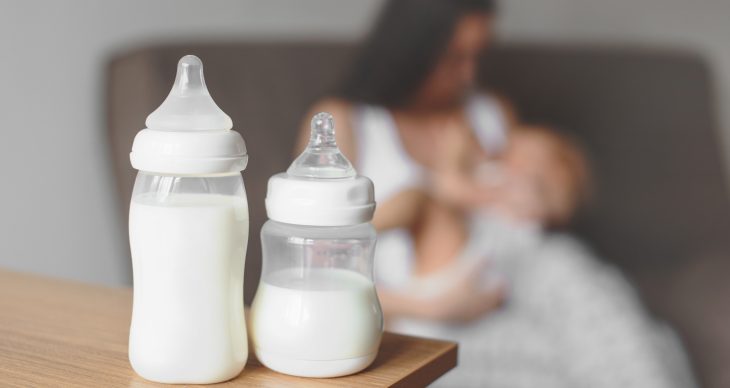Raising a family can be tough, especially when it feels like your paycheck just isn’t stretching far enough to cover nutritious meals. If you’re pregnant, a new mom, or have young children, you’re not alone in facing these challenges.
That’s where WIC (Women, Infants, and Children) comes in—a program designed to help families get the healthy food and support they need to thrive. From providing essential nutrition to offering guidance on health and wellness, WIC can be a valuable resource for families looking for extra help during a critical time in life. Curious to learn more about how WIC works and what it offers? Keep reading to discover exactly what WIC does and how it can benefit your family.
WIC, or Women, Infants, and Children, is a federal assistance program designed to help families access nutritious food, healthcare services, and important educational resources. The program is aimed at supporting pregnant women, new mothers, infants, and young children during their most critical developmental stages.
By providing more than just food, WIC ensures families get the help they need to raise healthy children.
WIC’s primary focus is on low-income families. If you’re pregnant, breastfeeding, or recently had a baby, or if you have children under the age of five, WIC may be able to help.
It serves a very specific group of people, including women who are pregnant, postpartum, or breastfeeding, infants up to their first birthday, and children up to age five who are at nutritional risk. These early years are crucial for development, and WIC ensures that mothers and children get the nutrients they need during this time.
WIC offers several types of support to families, including:
- Nutritious foods: Participants receive vouchers or electronic benefits (EBT) to buy approved healthy foods like fruits, vegetables, whole grains, milk, eggs, and infant formula. These foods are selected to ensure families get a balanced diet.
- Nutrition education: WIC provides free nutrition counseling to help families make informed choices about their meals. Participants learn how to create healthy meal plans, manage portions, and improve overall eating habits.
- Breastfeeding support: For new mothers, WIC offers breastfeeding guidance and peer support. Mothers also have access to lactation consultants and breastfeeding supplies, making it easier to breastfeed successfully.
- Healthcare referrals: WIC connects participants to healthcare providers for essential services like prenatal care, immunizations, and pediatric care, helping families stay healthy beyond just what they eat.
One of the most important roles WIC plays is in reducing food insecurity. The program helps prevent malnutrition and supports healthy growth and development in children by offering access to affordable, nutritious food.
But it’s also not just about providing food; it’s about empowering families with the knowledge and support they need to make healthier decisions.Want to know how to qualify for WIC? The next slide will break down the eligibility criteria and what you need to get started.



